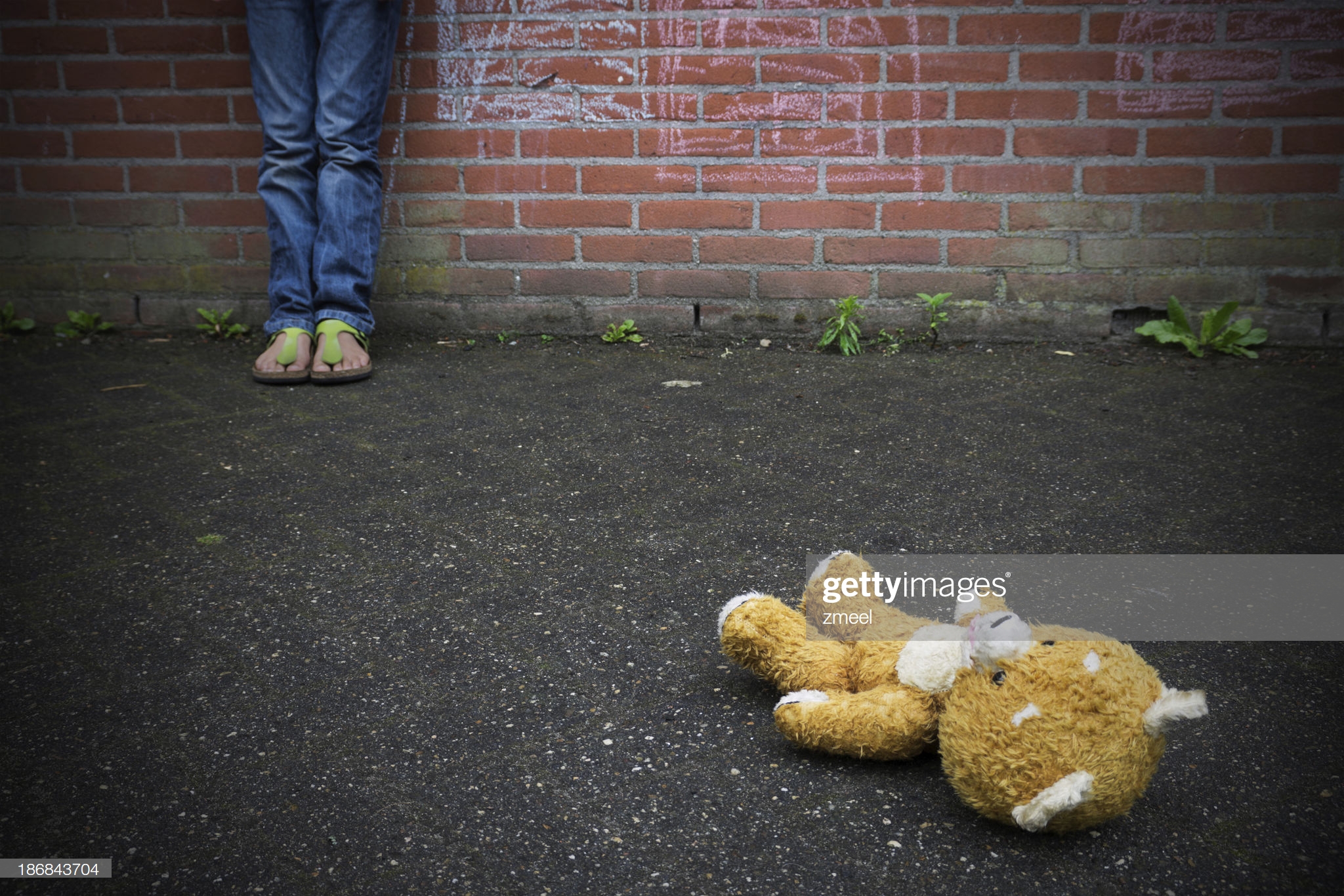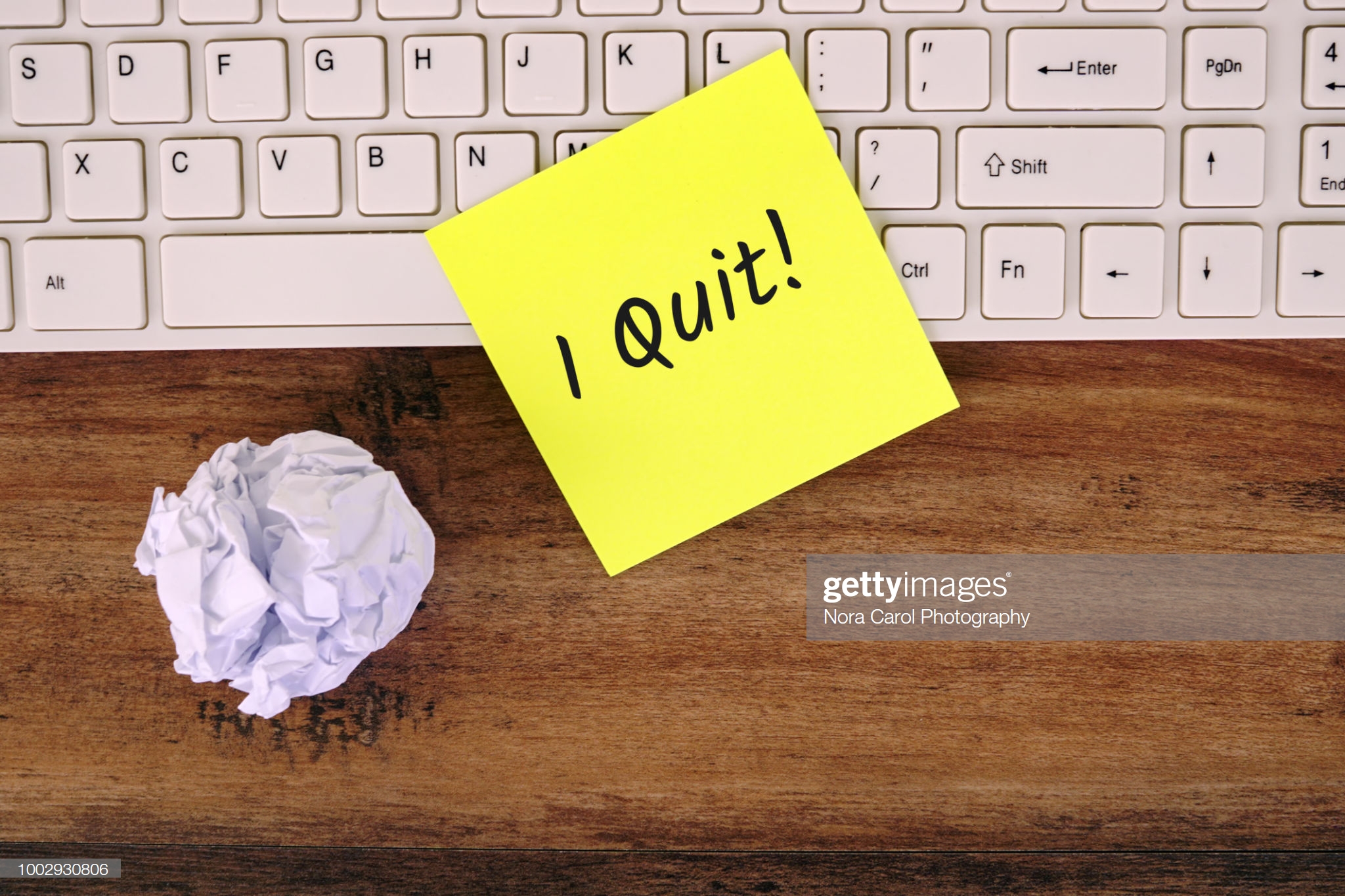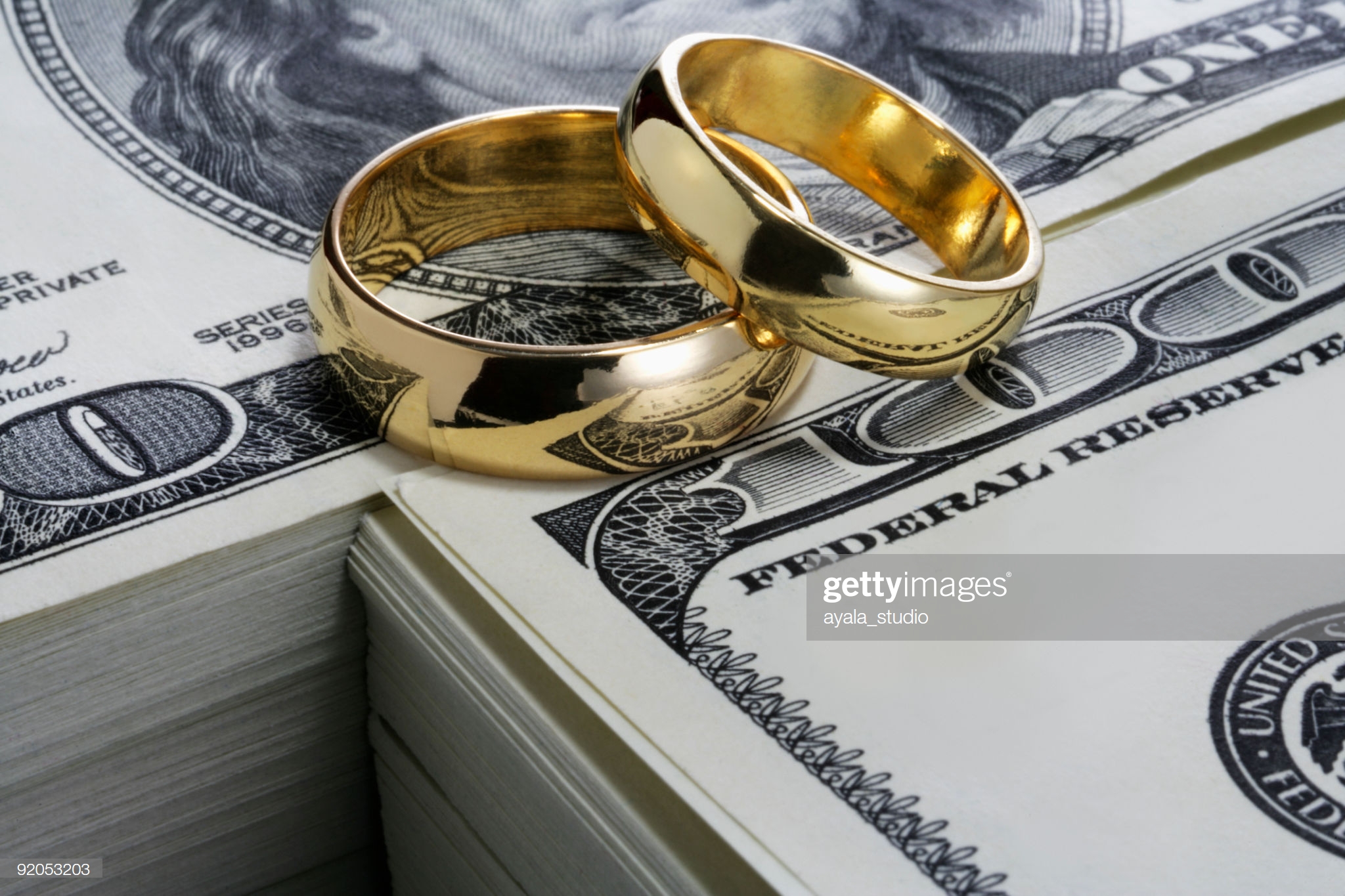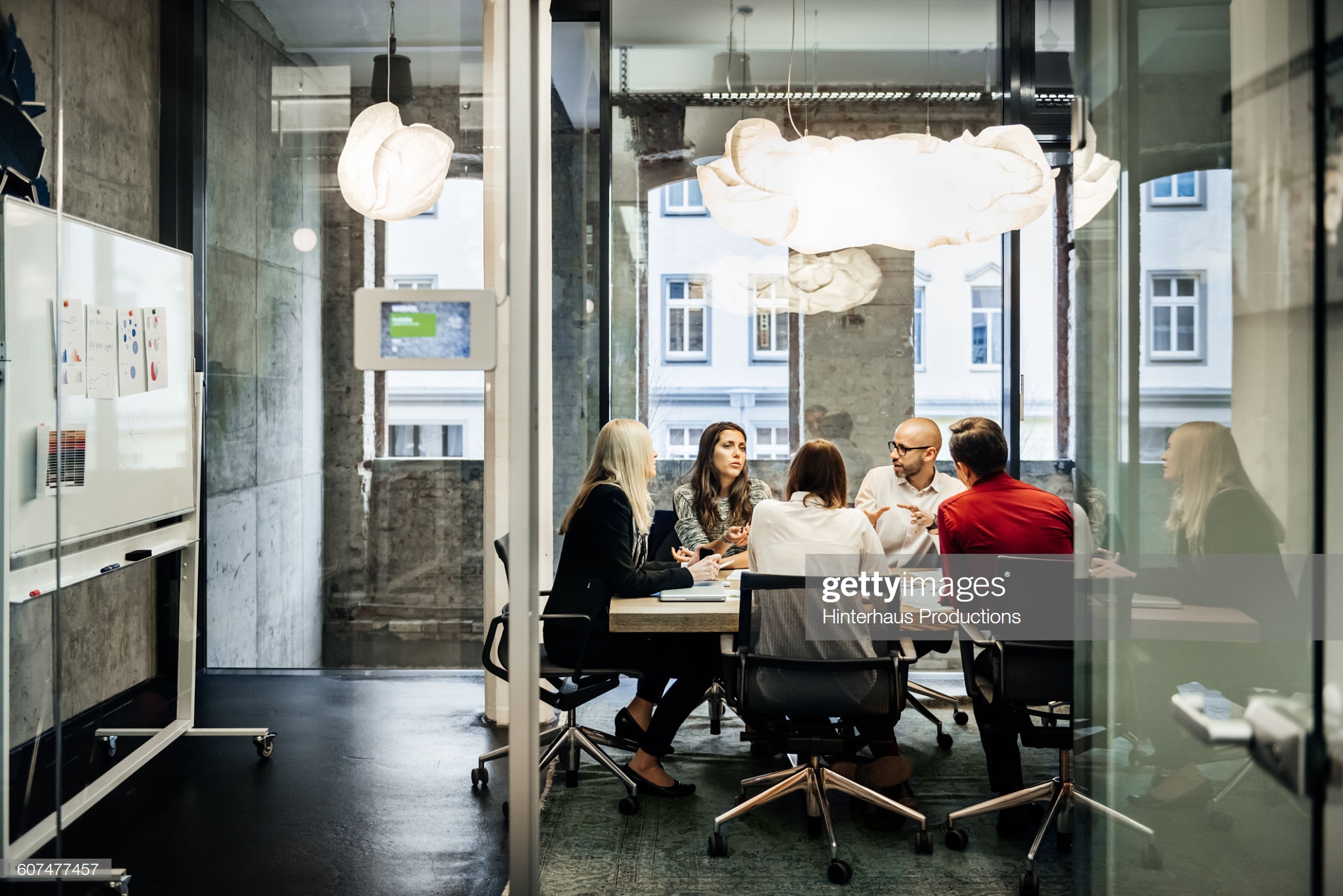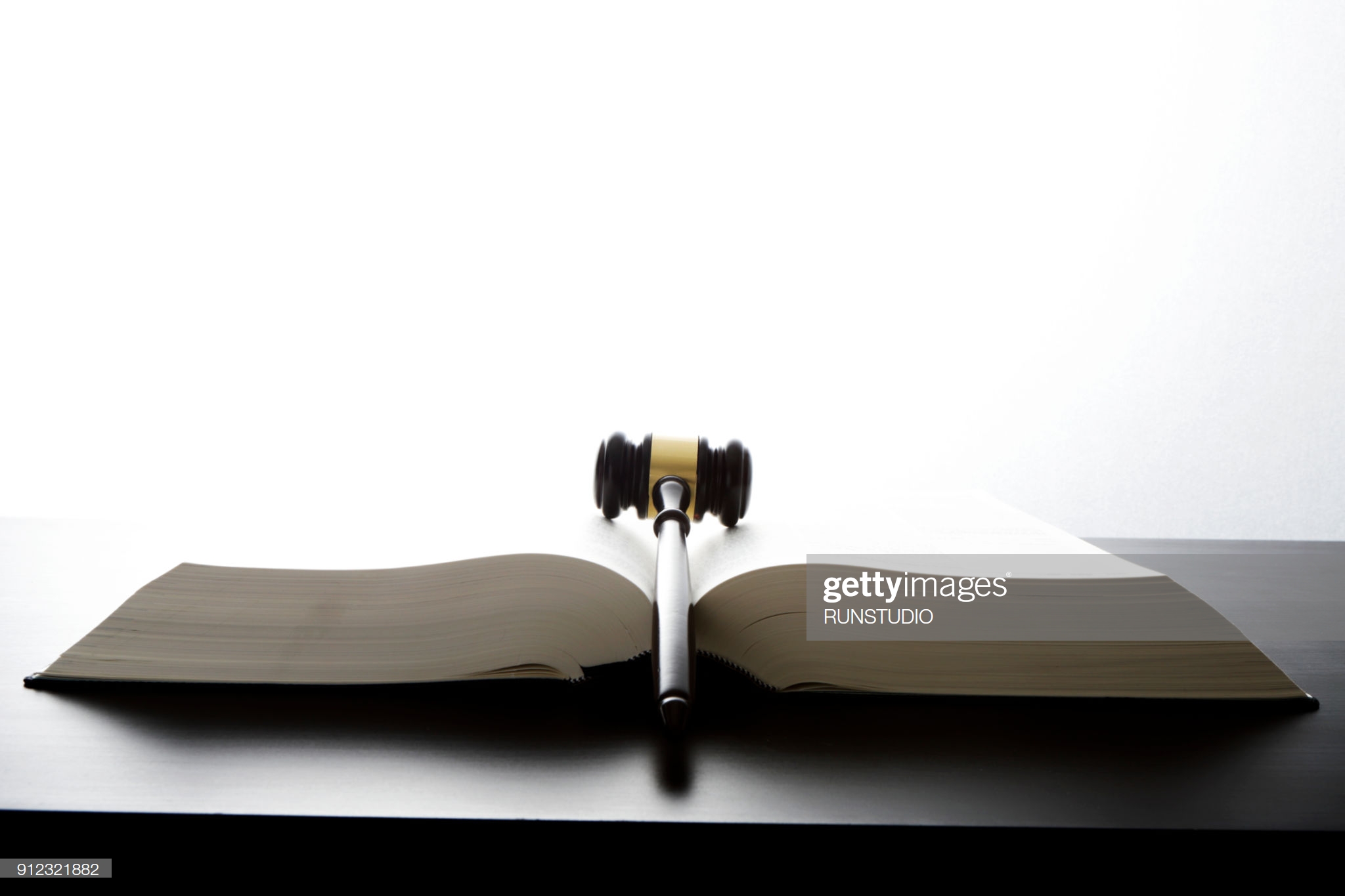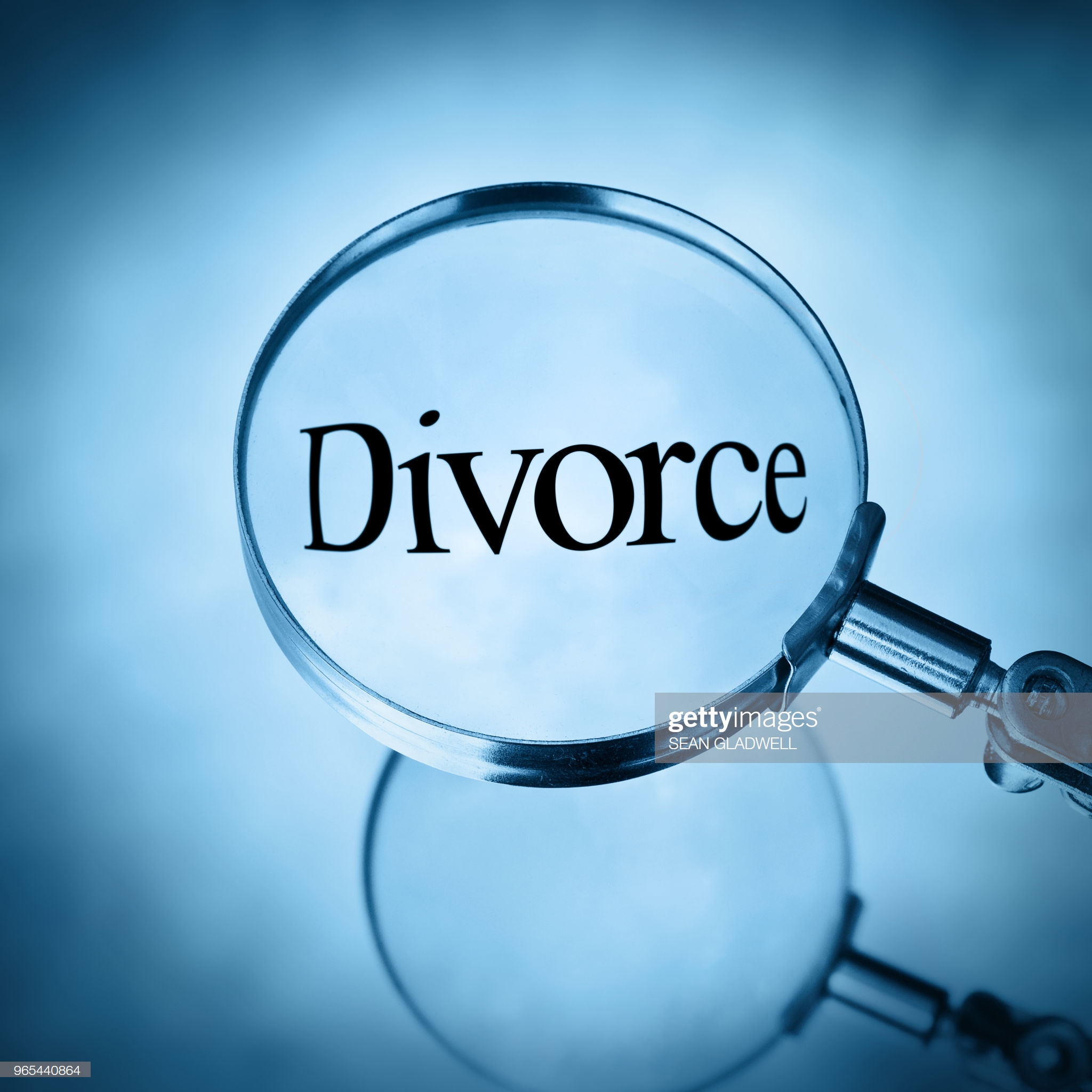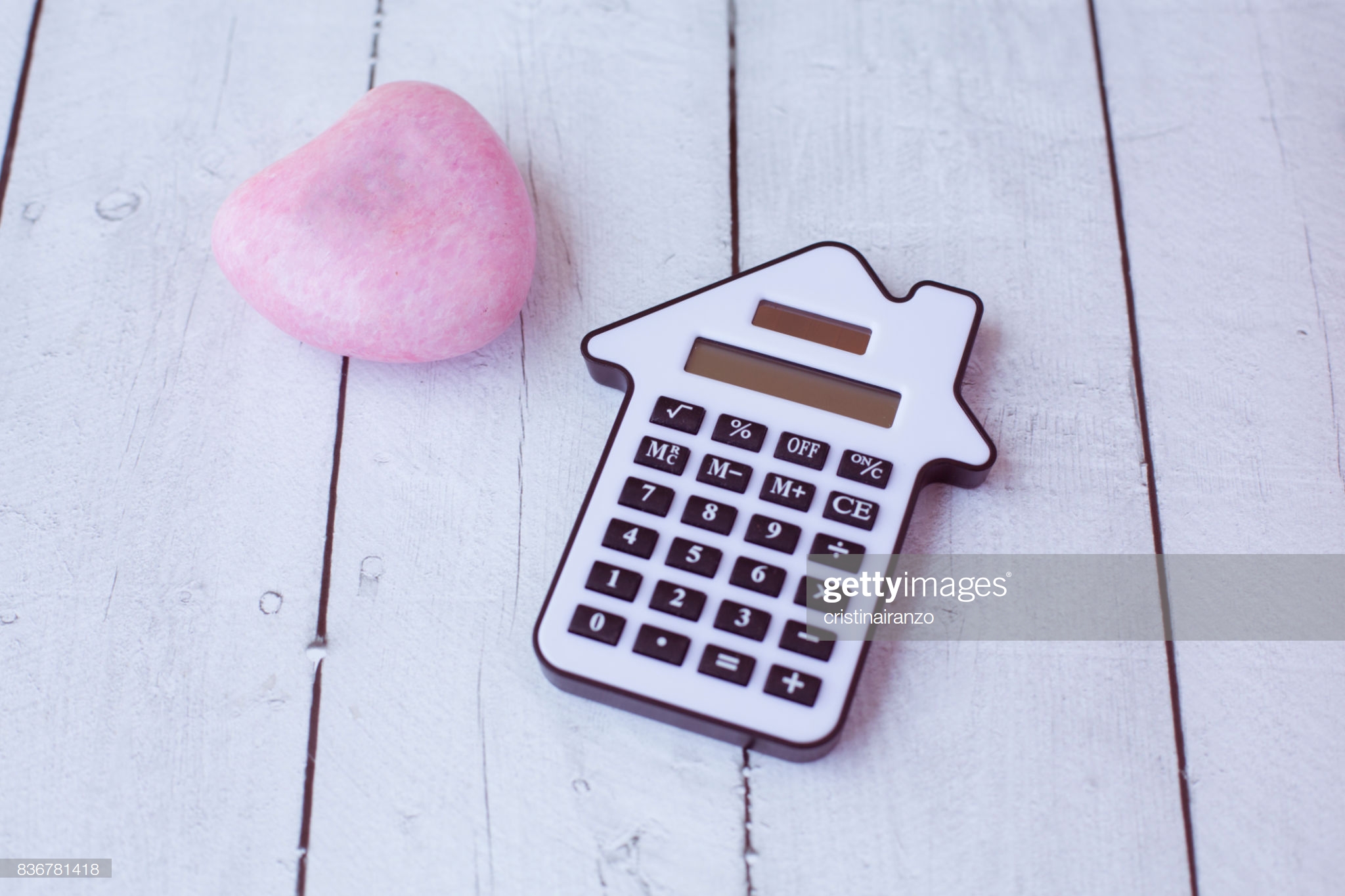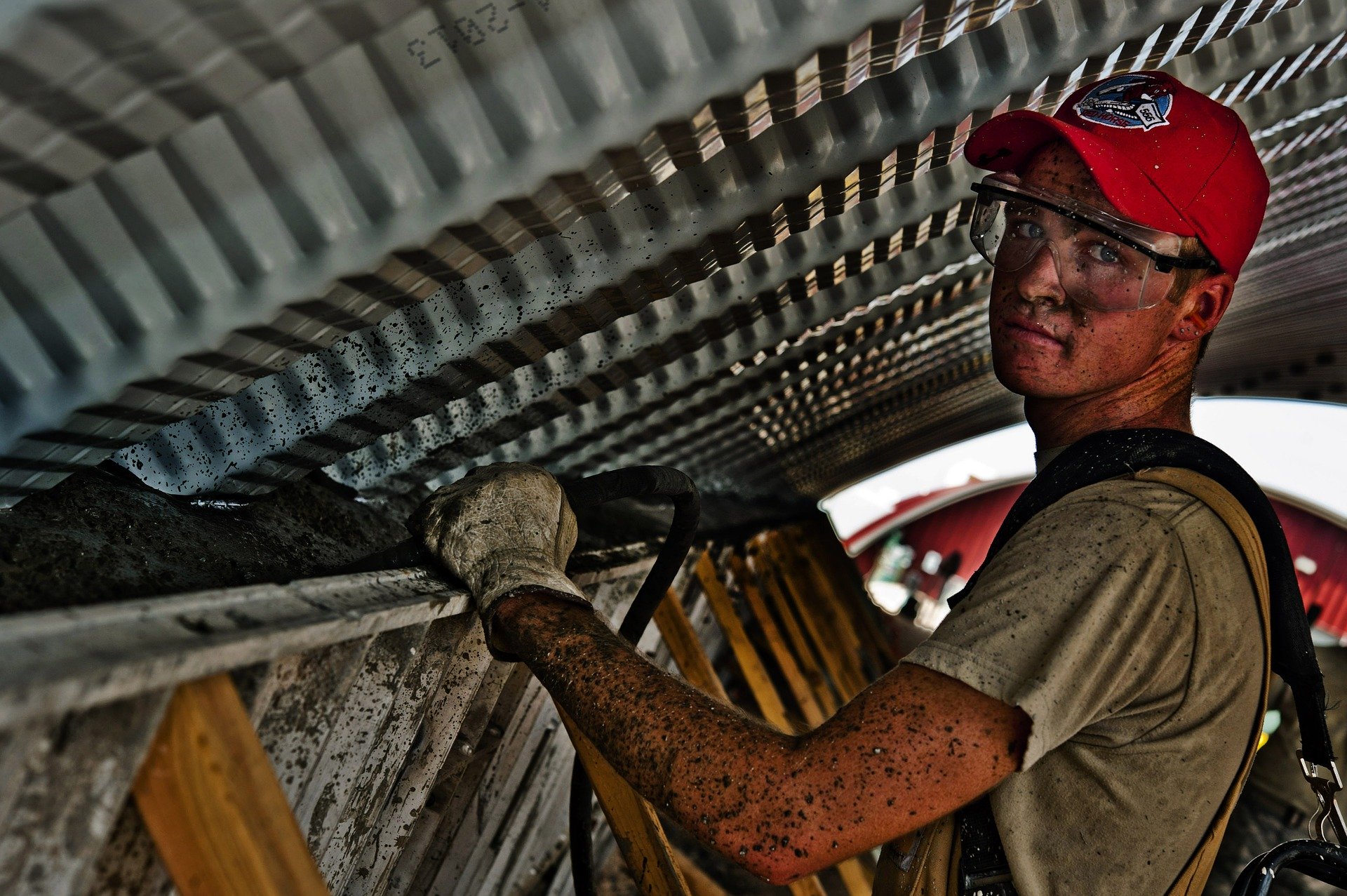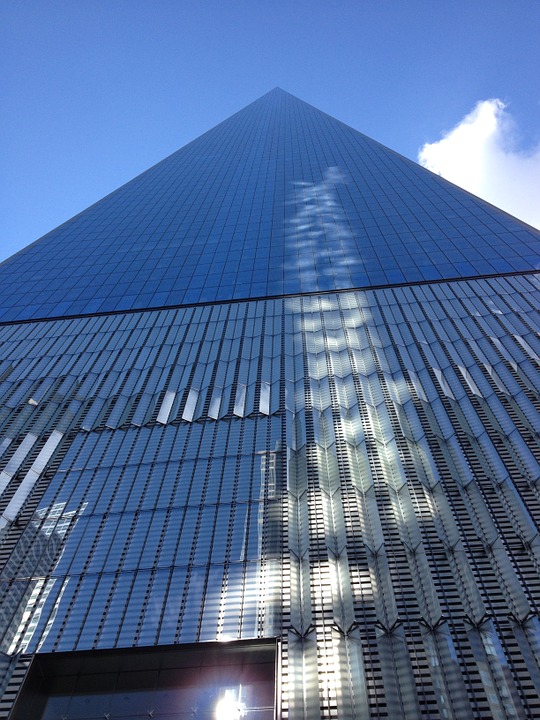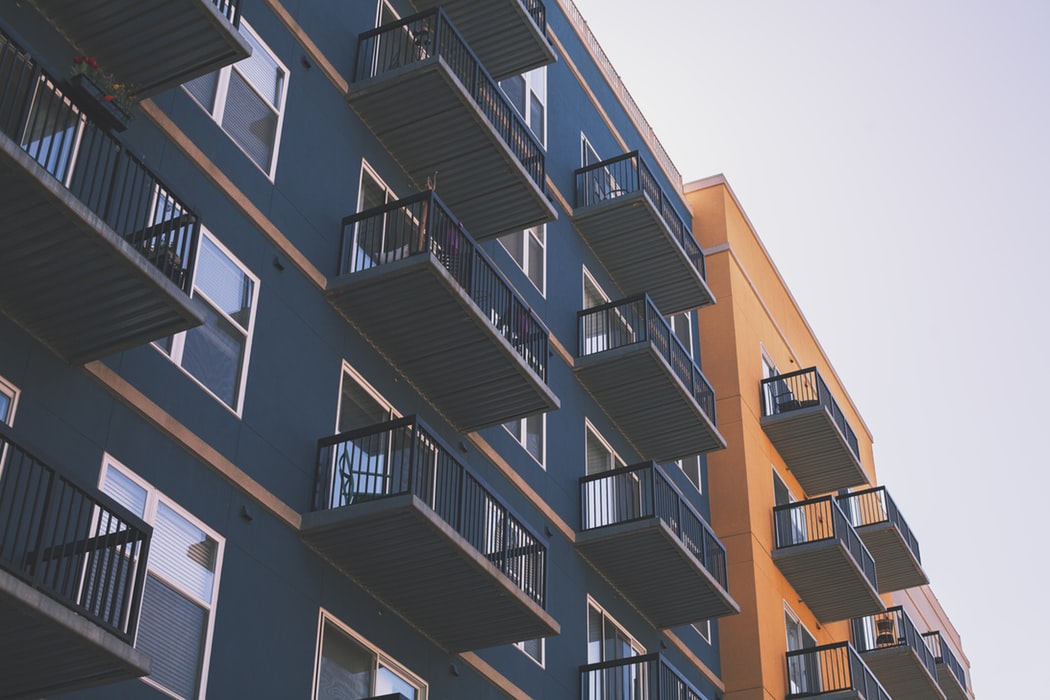Do you want to divorce in Korea?
November 3, 2019Korean Labor Standards Act (1)
December 26, 2019
Dense towering buildings, crowded people and splendid night views; all of which do describe active Korea where countless of people run their business. As well as Koreans, more and more foreigners with diverse cultural backgrounds do business in Korea as its society is getting more open to different values. When starting business, to decide where to open it may be the first and the most important matter. It naturally involves legal issues. Leasing building for business may bring more complicated legal issues than owing one. Therefore, if you are to do business and lease a building in Korea, you may as well understand the laws on commercial building lease and their applications to practice so as to protect your right as a lessee. Korea has Commercial Building Lease Protection Act (hereafter referred to as “the Act”, which prescribes exceptions to the Civil Act concerning the lease of commercial buildings. I would like to introduce several points worthy of notice concerning the Act.
1. Scope of Application
According to the Article 2 of the Act, the Act shall apply to the lease of commercial buildings. The ‘commercial buildings’ are defined as buildings subject to business registration under the Article 3 (1) of the Act. In addition, the Act shall not apply the lease of which the amount of deposit exceeds the amount prescribed by Presidential Decree. The amount of deposit under paragraph (1) of the Article 3 depends on the area, and the amount shall be obtained by multiplying the rental value by the rate prescribed by Presidential Decree, 1/100. In particular, as for Seoul, the amount of deposit prescribed by Presidential Decree is 400 million KRW. This is a matter of simple mathematics. If you are a lessor of a commercial building in Seoul; the security deposit is 50 million KRW and the monthly rental fee is 1 million KRW, the obtained deposit is 150 million KRW (= 50 million KRW + 1 million KRW * 100). Then, your lease shall be applied by the Act since the obtained deposit is fewer than 400 million KRW.
2. Counterforce of a Lessee
Article 3 of the Act states “(1) A lease shall become effective against third parties on the day following the date on which a tenant files an application for the transfer of the relevant building and business registration…” Therefore, if you are to claim your right as a lessee of the leased building, you shall file an application for the transfer and complete business registration.
3. Period of Lease
According to Article 9 of the Act, the period of the lease shall be determined a year if it is less than a year or is not determined, but the lessee may claim that such period determined for less than one year is valid. Article 10 of the Act stipulates that “(1) Where a tenant requests for renewal of a contract between six months and one month before the expiration of period of lease, a landlord shall not refuse it without justifiable grounds…” Under the paragraph (2) of the Article 9 of the Act, the lessee shall not claim whole period of lease including the period of initial lease to exceed five years even if he or she requests for renewal of a contract.
4. Overdue Rents and Termination
Article 10-8 of the Act states that “Where overdue rents of a lessee amounts to rents of three terms, a lessor may terminate a contract.” This means that unless a lessee wants to terminate a contract, the total amount of overdue rental fee shall not exceed that of three rental fees. Please understand that this rule shall also apply in the case the fees are not three consecutive months overdue. The total amount of overdue payment matters.
5. Right of Claim for Increase or Decrease of Rent
According to Article 11 of the Act, the lessor and the lessee may claim an increase or decrease in the future rent or security deposit. However, “in cases of an increase, it shall not exceed the rate set according to the standards prescribed by Presidential Decree.” Under Presidential Decree, the rate “shall not exceed 9/100 of the rents or deposits as at the time when the request is made”. In addition, the paragraph (2) of the Article 11 prescribes that “(n)o claim for increase under paragraph (1) shall be made within one year after the lease contract or agreed increase in rent, etc. is made”.
6. Premium
Collecting premium is an important right of a lessee. Article 10-3 of the Act defines premium as “a price, such as money, paid to a lessor or a lessee, other than deposits and rents, as a price for transfer or use of tangible or intangible property value, including business facilities, equipment, customers, credit, business know-how and business benefits generated from the location of a commercial building, which is paid by a person who conducts or who intends to conduct a business in a commercial building, the subject-matter of the lease”. A new lessee generally intends to pay premiums to a lessee in Korea. According to Article 10-4, a lessor shall not prohibit any lessee from collecting premium from a new lessee without any justifiable grounds.
If you have any further inquiries, please send me an email ([email protected]). My office is located near Seoul District Court and Gyodae station in Seoul.
All rights reserved
Related posts
Blog Articles
Contact Information
201, 160, Seochojungang-ro, Seocho-gu, Seoul, Republic of korea.
Phone: +82-2-535-1235
Mobile: 010 5349 1235
Fax: +82-2-536-1236
Email: [email protected]


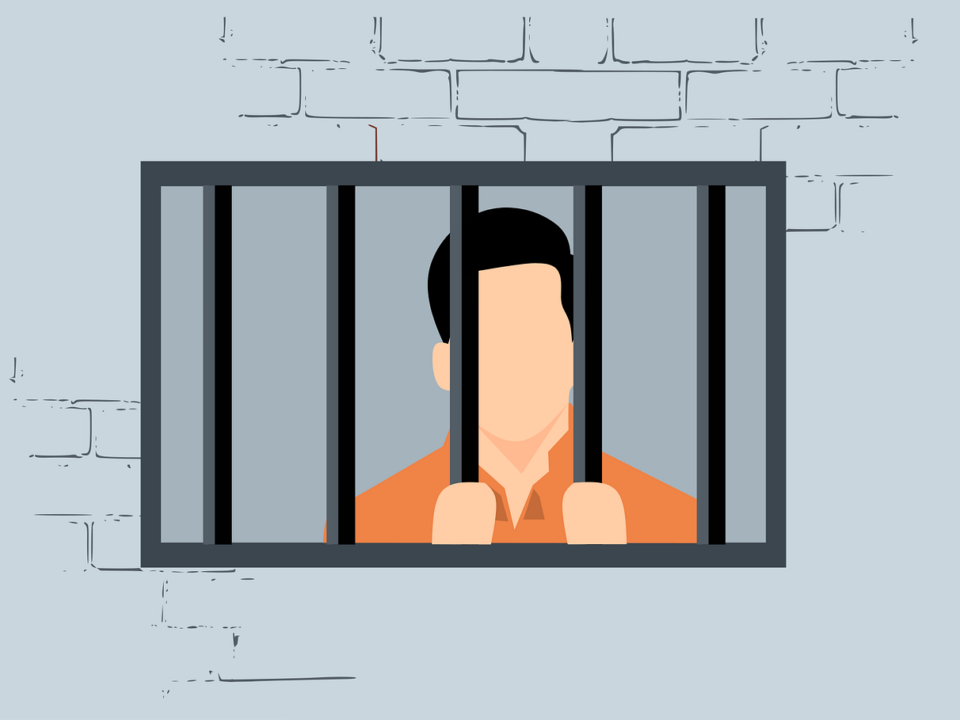


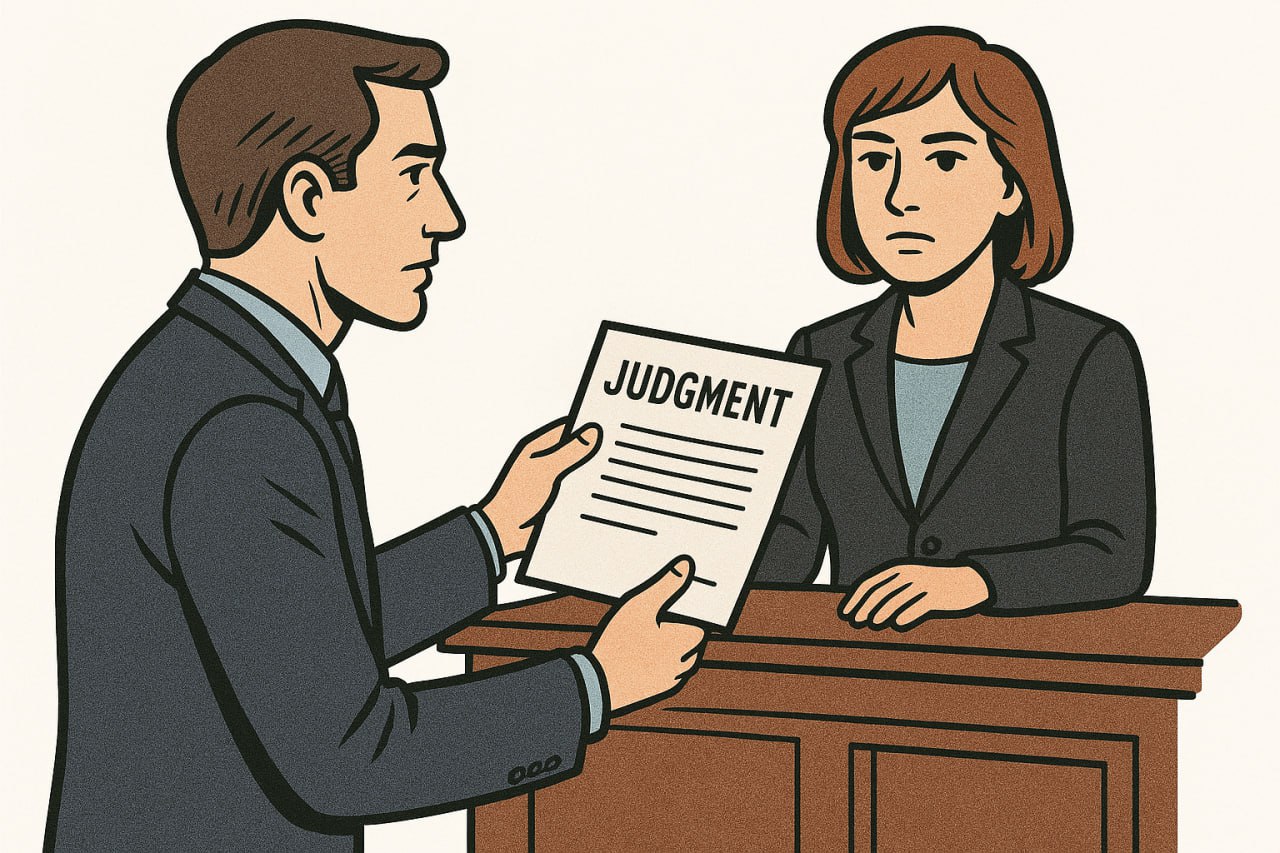




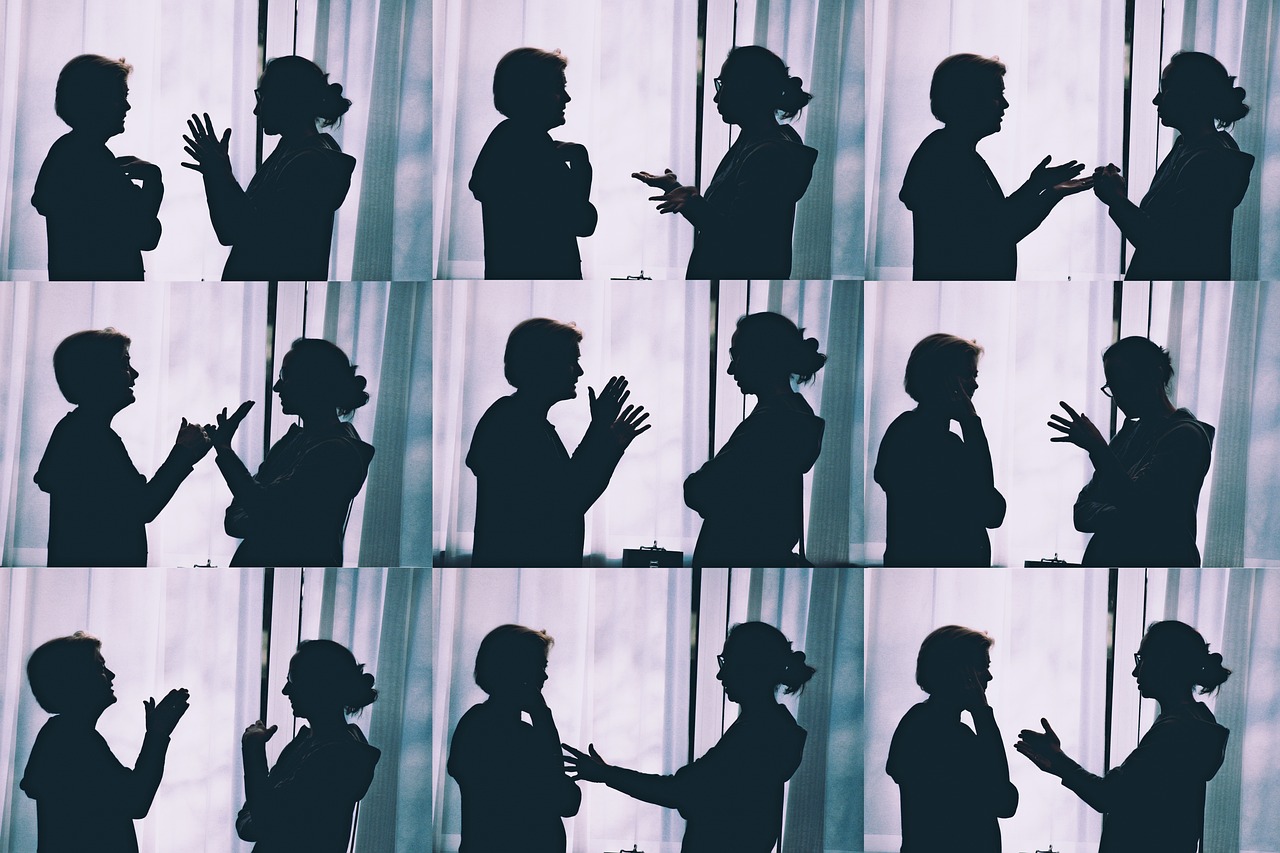



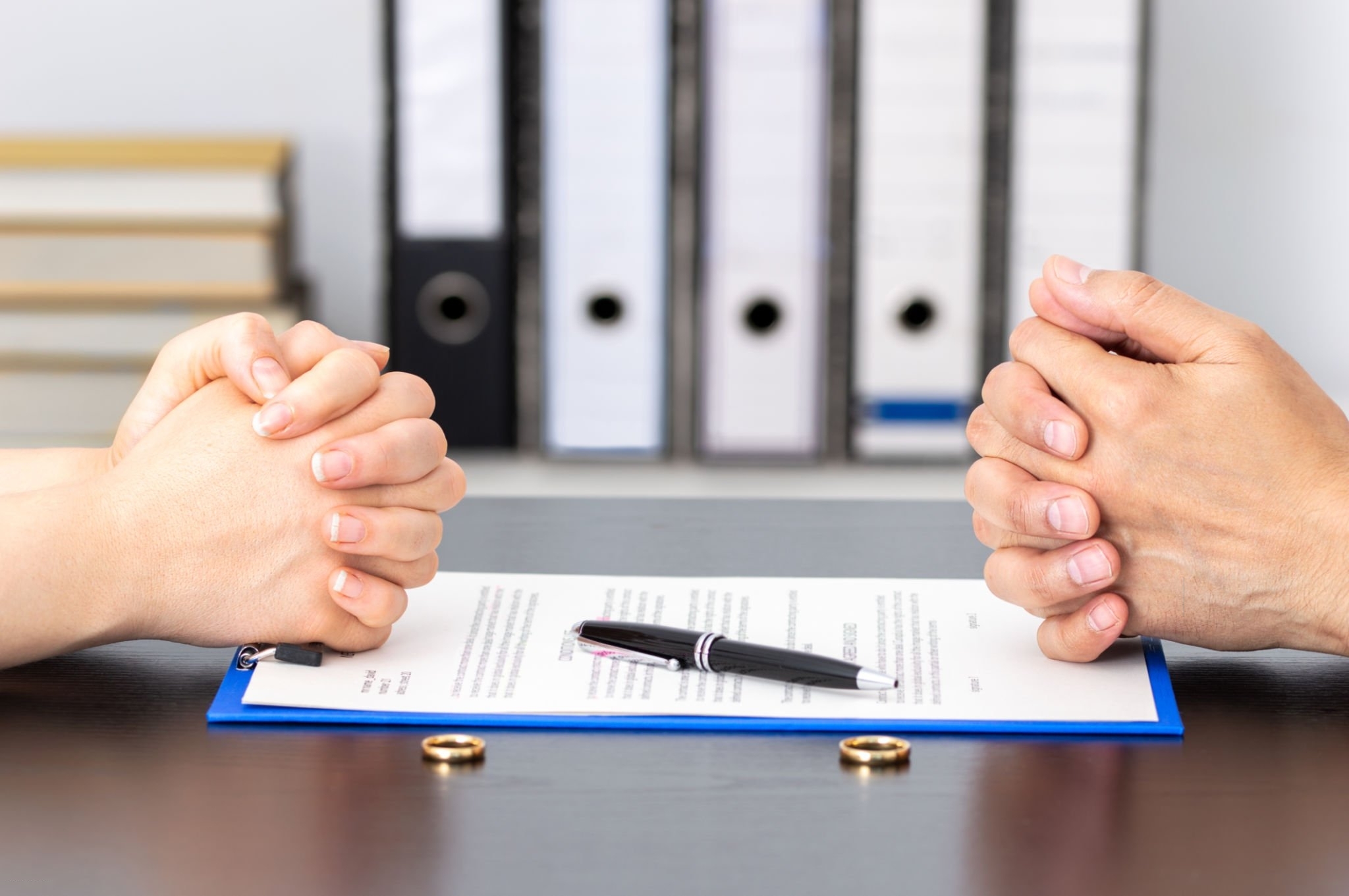



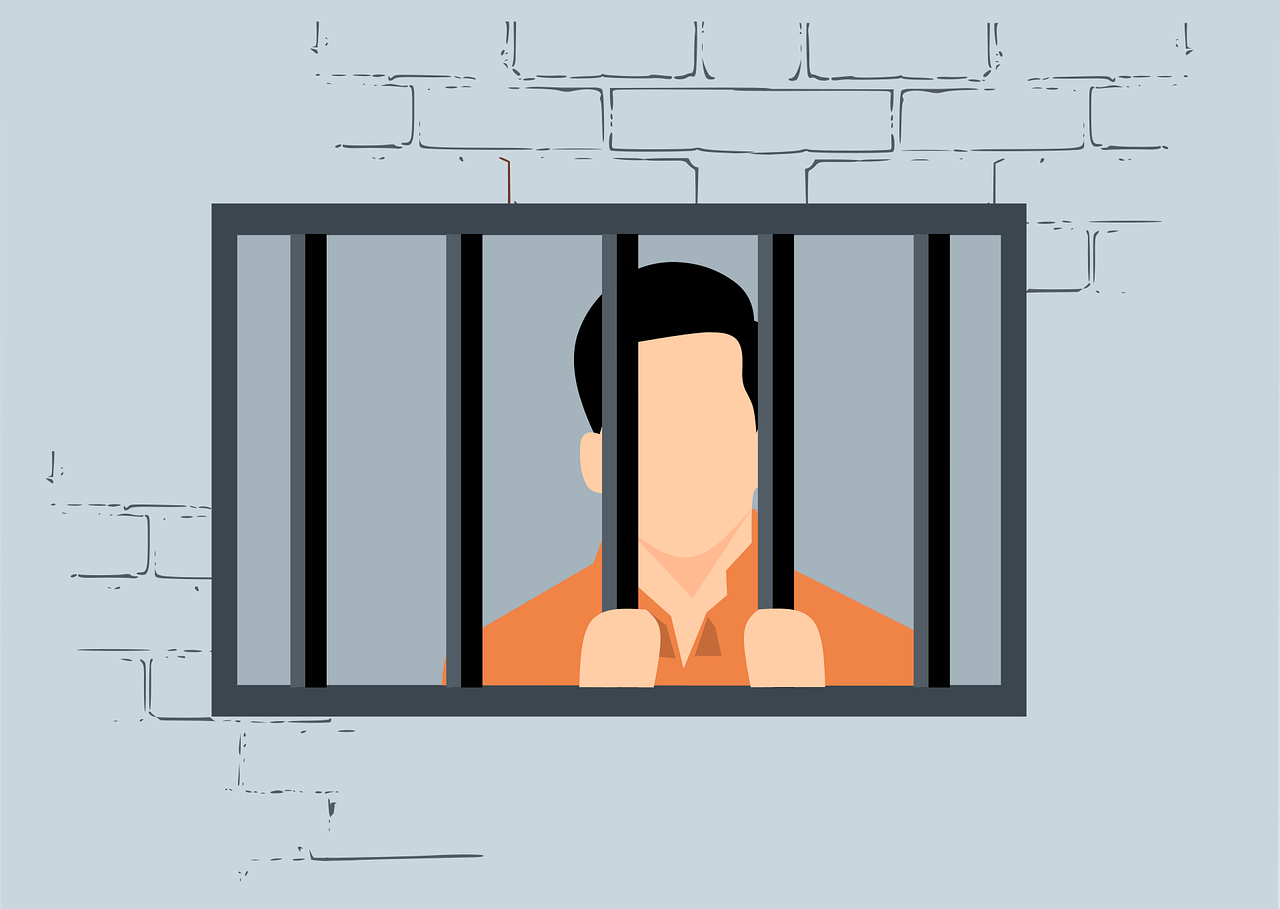


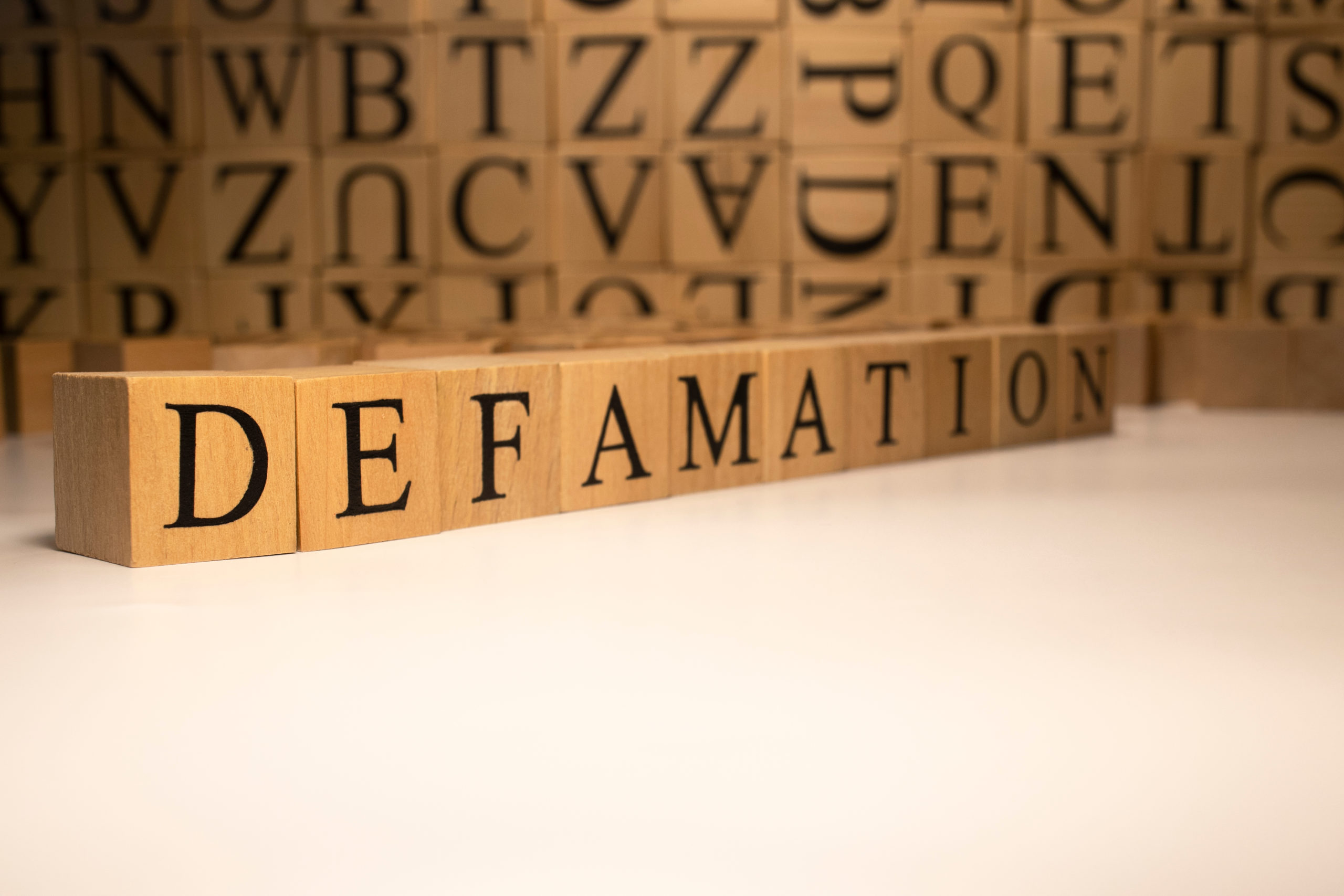



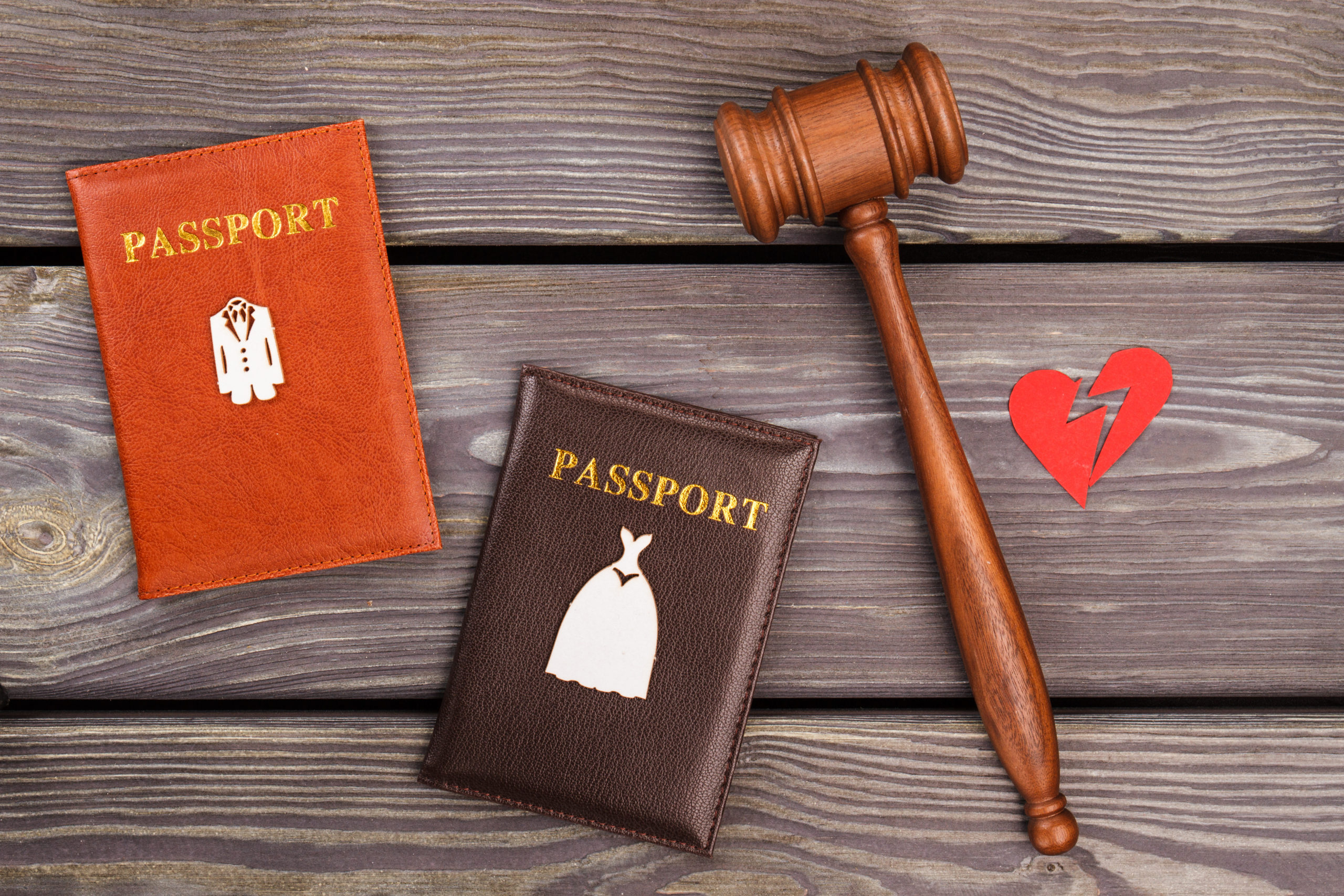
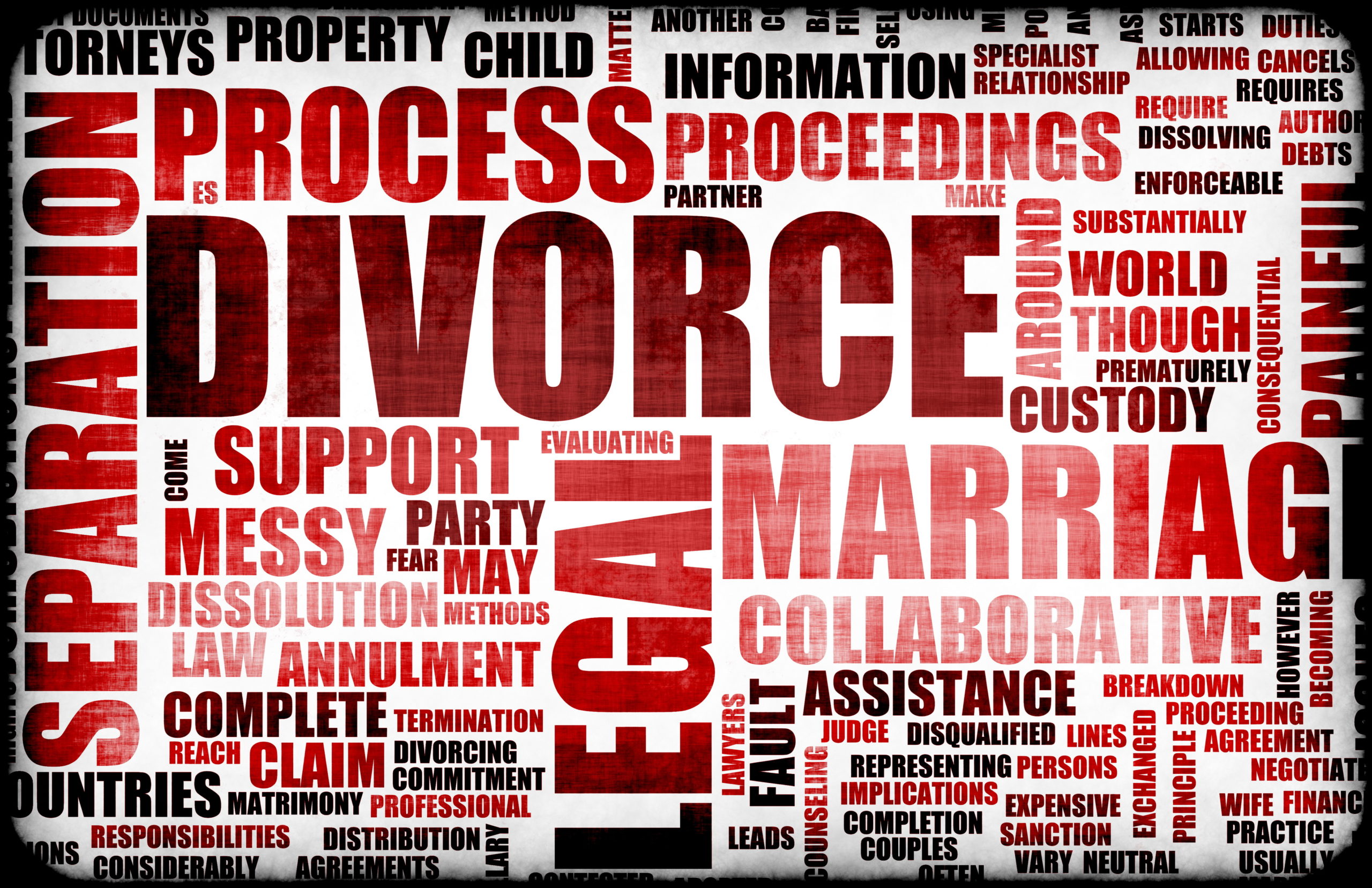


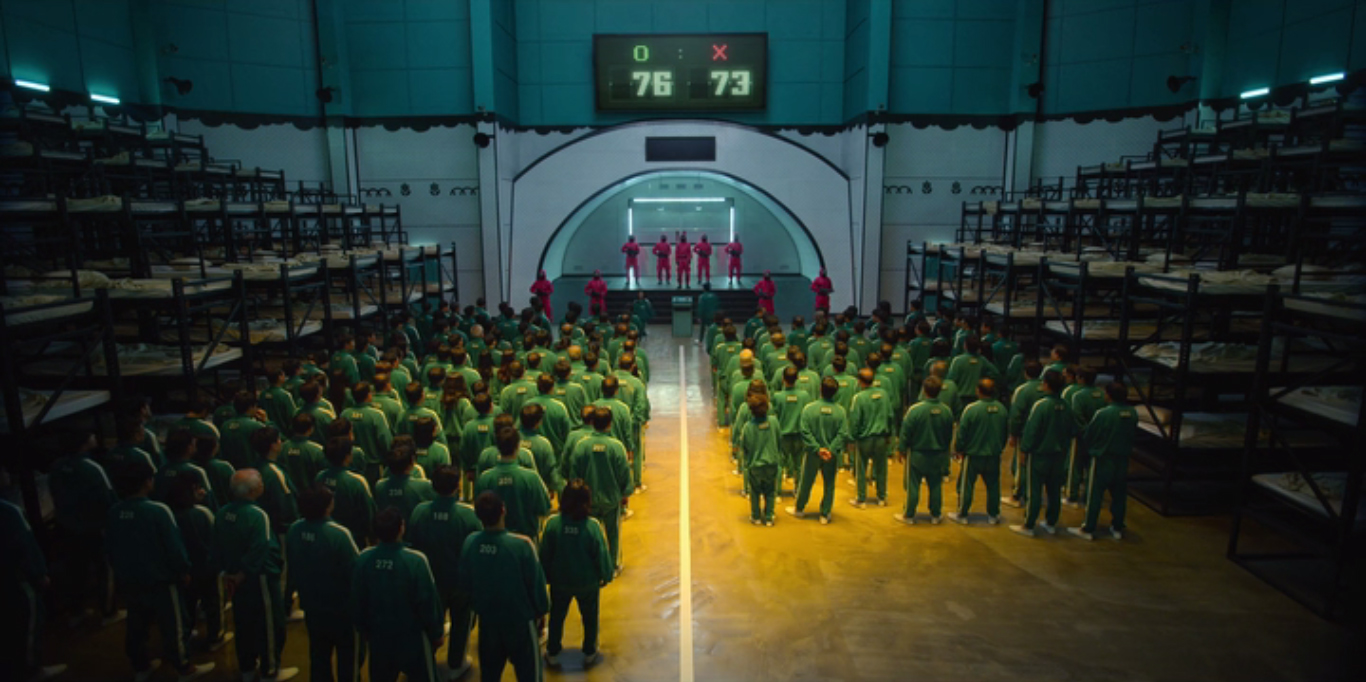

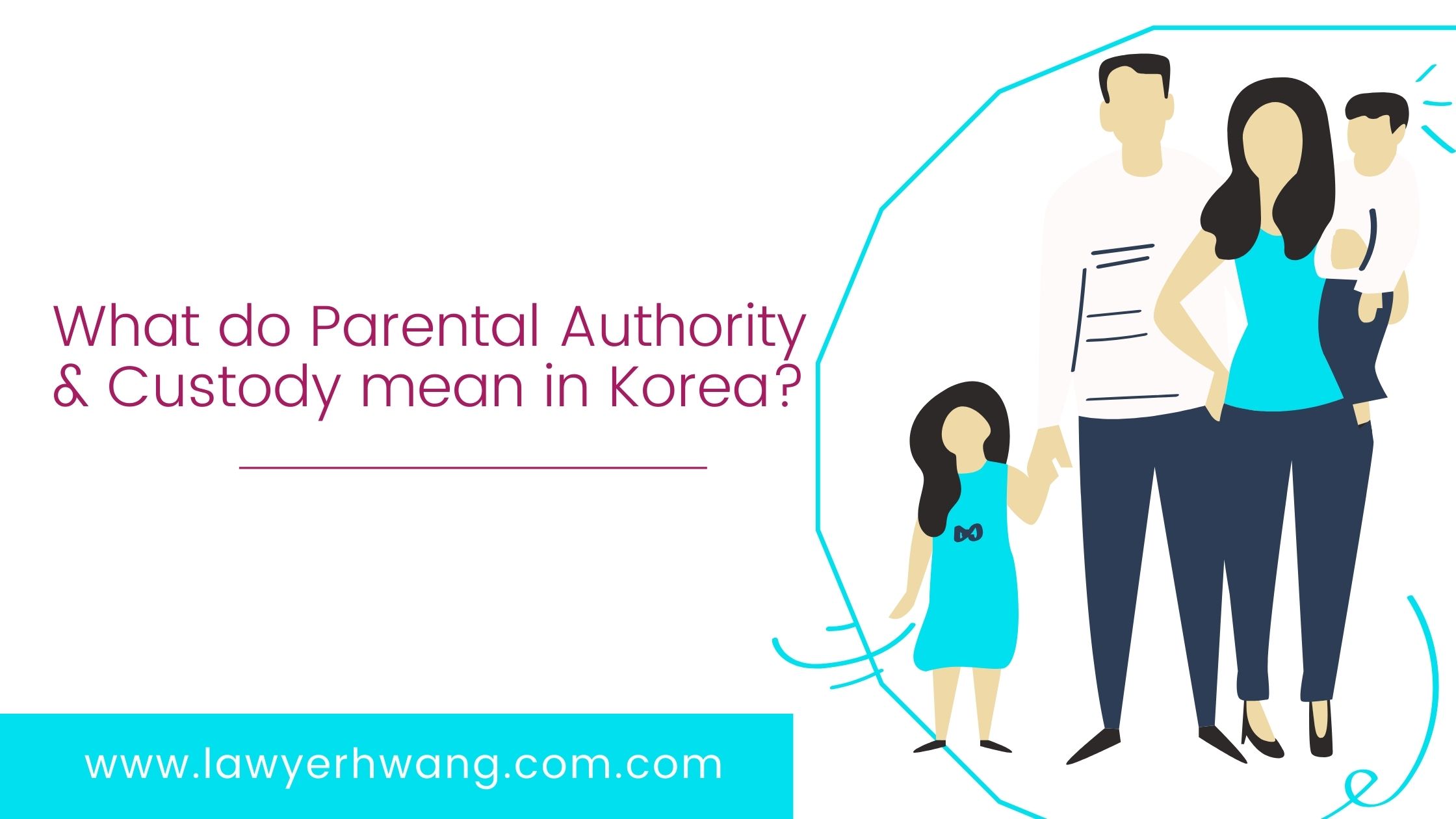


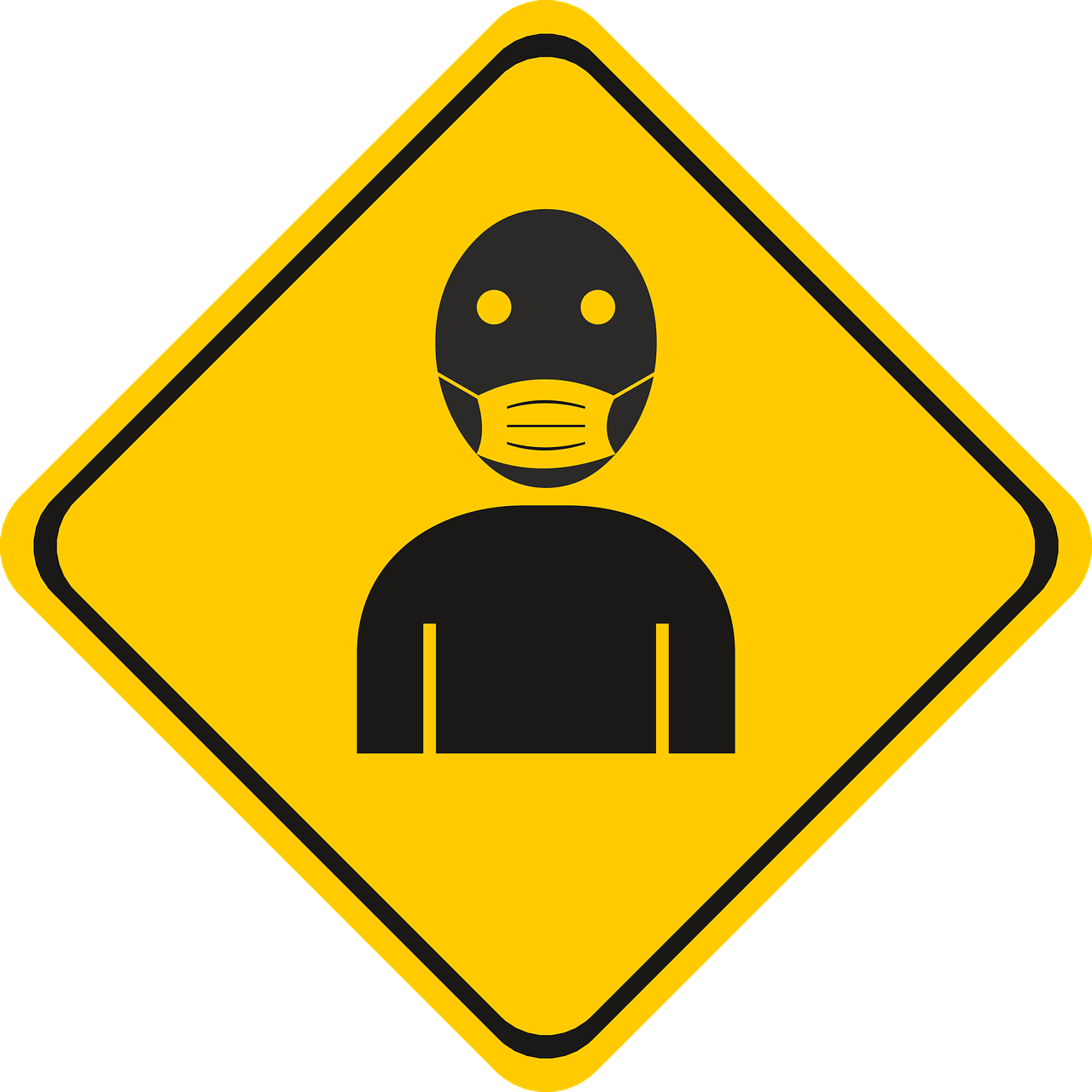
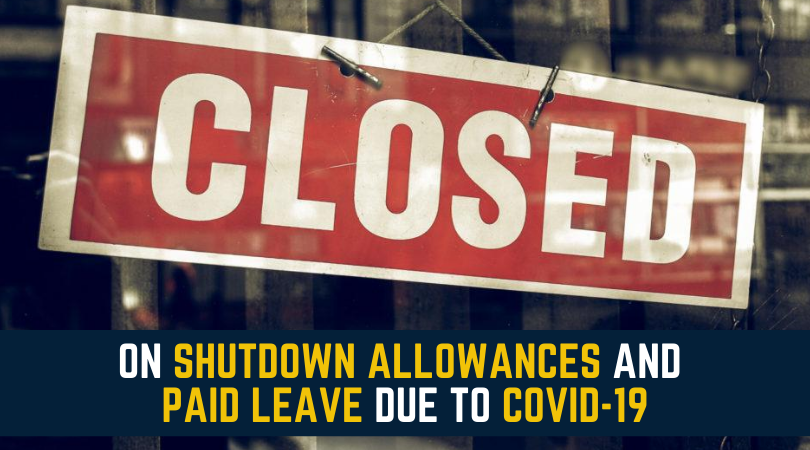
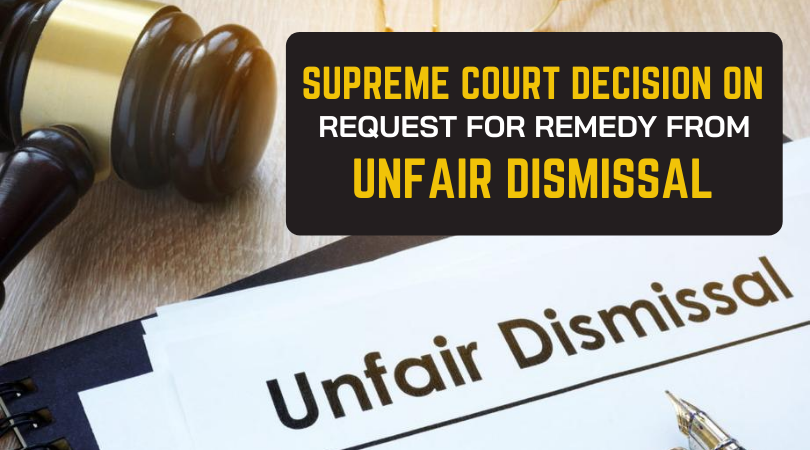
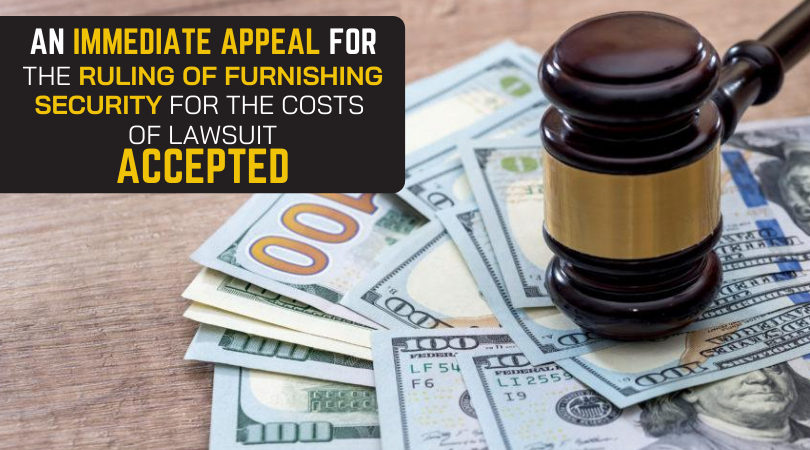
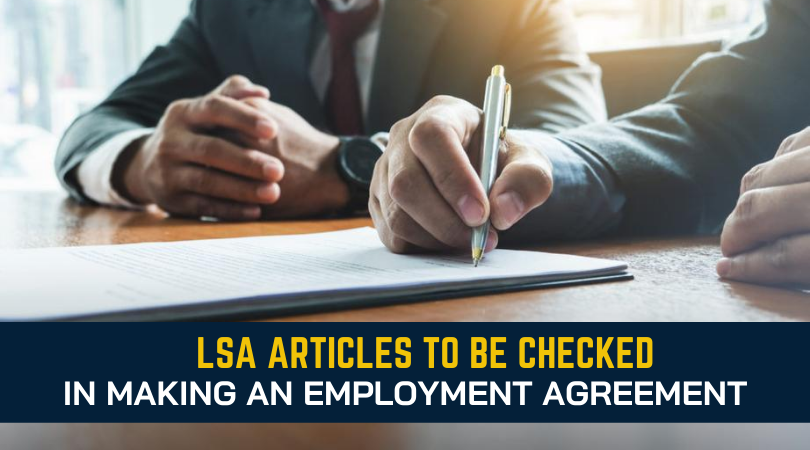
![[Supreme Court Decision – Criminal Law] – On Intent of Defamation](https://lawyerhwang.com/wp-content/uploads/2020/03/Supreme-Court-Decision-–-Criminal-Law-–-On-Intent-of-Defamation.png)
![[Supreme Court Decision – Criminal Law] – On Uploading a “Torrent File” of Obscene Videos](https://lawyerhwang.com/wp-content/uploads/2020/03/Supreme-Court-Decision-–-Criminal-Law-On-Uploading-a-“Torrent-File”-of-Obscene-Videos.png)



